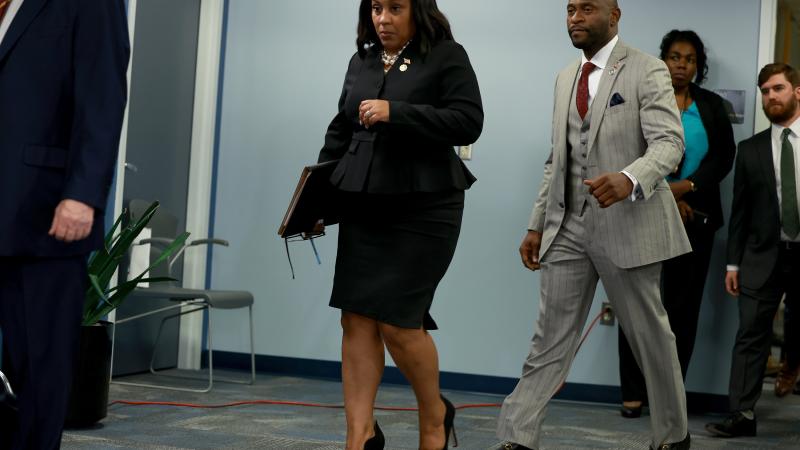Federal court rules Miranda rights don’t apply to civil immigration arrests
Miranda rights are the product of the 1966 Supreme Court decision in Miranda v. Arizona, in which the court ruled law enforcement could not use statements by defendants against themselves while in custody unless they were first informed of their rights to a lawyer and against self-incrimination.
A panel of the Ninth Circuit Court ruled Miranda rights don’t apply to warrant-backed civil immigration arrests, holding up an order to deport a Mexican citizen who had argued he was coerced into admitting his illegal status under an administrative warrant. Miranda rights are the formal warning given by law enforcement to individuals in custody of their right to silence and an attorney.
In a unanimous, three-judge decision, the Ninth Circuit panel affirmed earlier rulings by an immigration judge and the U.S. Board of Immigration Appeals by rejecting Jose Maria Zuniga De La Cruz’s appeal to the court.
“The panel observed that this court has long held that the substantial distinctions between a civil deportation proceeding and a criminal trial make Miranda warnings inappropriate in the deportation context. Zuniga asked this court to forge an exception, arguing that because he was arrested pursuant to an administrative warrant, his un-Mirandized statements should have been excluded,” wrote the court in its judgment. “The panel rejected that contention, explaining that Zuniga’s focus on the warrant was misplaced because it is the nature of the proceeding (criminal vs. civil), and not the nature of the arrest (warrantless vs. with a warrant) that is relevant.”
Zuniga was arrested under an administrative warrant issued not by a judge, as a criminal arrest warrant must be, but by an Immigrations and Customs Enforcement official who believed there was sufficient evidence he was in the country illegally. Zuniga has been in the United States since 2004 and was arrested in 2018 by ICE as part of civil immigration proceedings.
While all three judges signed on to the decision, Circuit Judge Salvador Mendoza—a Biden appointee—argued that “although Miranda applies only to criminal proceedings, he saw no reason not to inform noncitizens of their rights, observing that this court in a previous case had affirmed an injunction requiring immigration agents to inform noncitizens of their right to apply for political asylum and their right to counsel.”
Meanwhile, the author of the lead opinion, Circuit Judge Daniel Bress — a Trump appointee — argued there is no legal basis to create this new right, writing Miranda is “not authority for creating new versions of itself in the immigration context.”
Miranda rights are the product of the 1966 Supreme Court decision in Miranda v. Arizona, in which the court ruled law enforcement could not use statements by defendants against themselves while in custody unless they were first informed of their rights to a lawyer and against self-incrimination.















